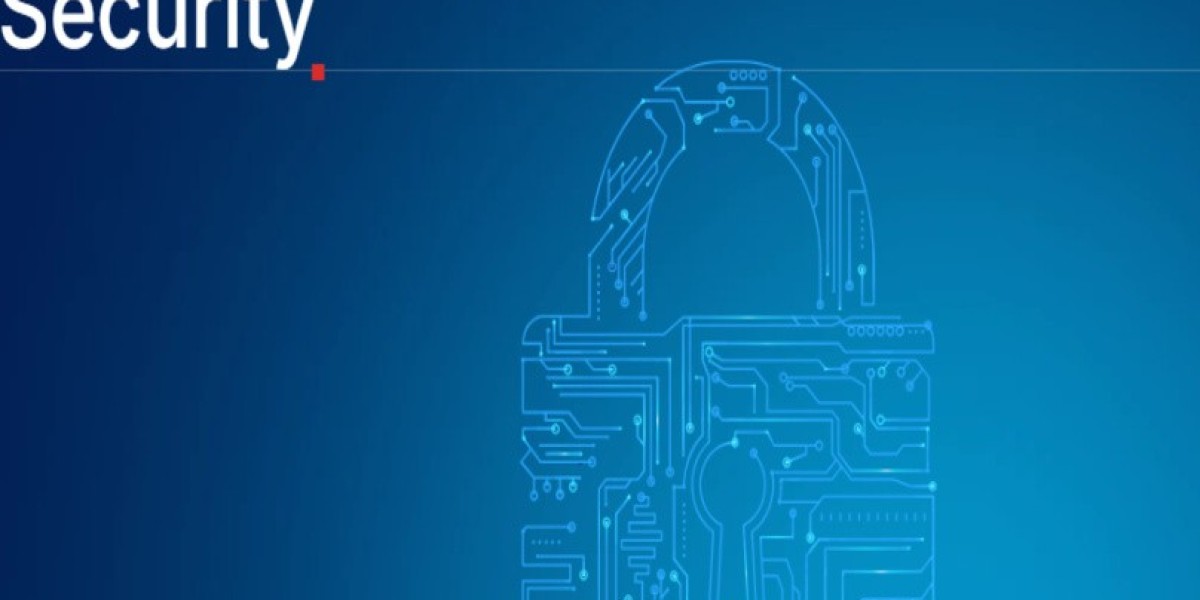Introduction
Cybersecurity services have moved from an optional layer to a foundational requirement for every IT consulting strategy in 2026. Large enterprises and fast-scaling technology companies are now operating in environments defined by accelerated digital adoption, hybrid workforces, automation driven by AI, and widespread cloud dependency. These shifts have expanded the attack surface and increased the need for consulting partners that understand how to build secure, resilient, and scalable digital ecosystems.
Modern organizations expect more than traditional IT support. They expect forward-thinking digital guidance backed by security at every stage of transformation.
This shift is reshaping how IT consulting strategies are designed, delivered, and evaluated.
The Growing Link Between IT Consulting and Enterprise Security
IT consulting historically focused on systems integration, architecture planning, application development, and digital strategy. Today, every one of these areas intersects with security requirements. Businesses cannot modernize or adopt new technologies without considering related risks.
Security has become an essential pillar for enterprises due to:
Complex hybrid cloud infrastructures
AI-powered cyber threats
Remote and distributed workforce challenges
Increased compliance requirements
Rising cost of data breaches
Dependence on third-party integrations
These realities mean that cybersecurity responsibilities have shifted upstream. IT consultants are expected to deliver recommendations that incorporate secure architecture, zero trust frameworks, risk mitigation, and proactive threat monitoring.
Why Cybersecurity Services Lead Digital Strategy in 2026
Enterprise buyers no longer treat security as a separate line item. They evaluate cybersecurity services as part of the total consulting value because security resilience directly influences business continuity and long term scalability.
Below are key factors driving this trend.
1. Cyber Risk Has Become a Business Risk
Executives today understand that downtime, data loss, and compliance failures affect revenue, brand trust, and operational efficiency. Cyber issues are board level concerns, and consulting partners must demonstrate a clear understanding of risk reduction.
2. Cloud Expansion Requires Secure Modernization
As enterprises adopt multi cloud and hybrid architectures, misconfigured services, exposed APIs, and identity challenges increase. IT consultants integrating digital solutions must deliver cloud security controls built for scale.
3. AI and Automation Demand Real Time Protection
AI led workflows, automated operations, and smart applications introduce new vulnerabilities. Cybersecurity services provide behavior analytics, anomaly detection, and continuous monitoring that support these advanced technologies.
4. Compliance Standards Are Evolving
Industries like finance, healthcare, manufacturing, and retail must meet new security standards and reporting requirements. This makes security guided consulting vital for long term compliance management.
5. Enterprises Expect Secure by Design Implementations
Clients want consulting partners that design solutions with security baked in rather than added later. This approach avoids costly rework and ensures smooth transformation.
How IT Consultants Integrate Cybersecurity Into Digital Transformation
Modern IT consulting frameworks include cybersecurity services across every phase of transformation. The goal is to create secure, scalable, and future ready ecosystems.
Below are the core components large enterprises expect.
1. Security Assessment and Strategy
Consulting teams begin with a full review of digital environments, identifying gaps across networks, cloud platforms, applications, and user access controls.
This includes:
Architecture risk mapping
Identity and access evaluations
Legacy system vulnerability checks
Compliance readiness scans
2. Secure Architecture Design
New solutions require secure foundations. Consultants now embed zero trust controls, secure APIs, encrypted data flows, and standardized configuration procedures.
3. Cloud Security Integration
With multi platform deployments, consultants ensure:
Secure cloud migration paths
Containerized application protection
Automated policy management
Cloud workload monitoring
4. Application and Data Security
Modern applications rely on continuous development cycles and microservices. IT consultants integrate security scanning, code reviews, and secure data lifecycle practices throughout development.
5. Continuous Threat Monitoring
This layer allows enterprises to detect issues earlier and prevent long term damage. Consultants may support security operations centers, response playbooks, and automated detection.
6. End User and Access Security
As remote work continues, enterprises require identity management, endpoint protection, and behavioral analytics to secure user activities.
These elements collectively support business modernization without compromising safety.
Benefits Enterprises Gain by Aligning IT Consulting With Cybersecurity Services
Organizations partnering with consultants who prioritize security gain multiple advantages.
Improved operational resilience
Lower long term IT costs through reduced breach risks
Stronger cloud, application, and data integrity
Faster digital transformation with fewer disruptions
Better readiness for audits, compliance, and scaling
Higher trust among customers and partners
This integrated approach positions enterprises for sustainable growth and consistent performance.
Why 2026 Demands Security First Consulting for Big Tech Companies
Large technology enterprises rely on distributed architectures, global workforces, connected applications, and vast amounts of data. As the digital footprint expands, so does the exposure to advanced threats.
Key challenges that make cybersecurity services mandatory include:
Complex third party integrations
Rapid deployment cycles
Dependency on external APIs
Increased insider threat risks
Intellectual property protection needs
Regulatory pressures across international markets
These demands require IT consulting partners who understand both technology and security deeply, ensuring every strategic decision is future proof.
Conclusion
Cybersecurity services are now a central element of IT consulting strategies across enterprise environments. They shape how modernization plans are built, how cloud adoption is executed, and how digital ecosystems maintain resilience in an unpredictable landscape. Integrating security into transformation is no longer optional. It is a core requirement for scalability, reliability, and trust in 2026 and beyond.
Future Focus Infotech(FFI) delivers forward thinking digital solutions to fuel business transformation effectively. Our expertise enables organisations to drive change, fostering growth and efficiency in an ever evolving digital landscape. The goal is to help businesses find the right digital solution that supports innovation while maintaining the highest levels of security and performance.
FAQs:
What makes cybersecurity services essential for IT consulting in 2026?
Enterprises rely on secure ecosystems to manage cloud expansion, AI adoption, remote operations, and rising cyber threats. Modern consulting strategies must integrate security at every stage.
How do consulting partners apply cybersecurity within digital transformation?
They incorporate secure architecture design, risk assessments, identity management, cloud protection, and continuous monitoring within all digital initiatives.
Why do large tech companies prioritize cybersecurity in consulting strategies?
Scaling, global operations, complex integrations, and sensitive data require robust security frameworks to ensure long term resilience.
How does integrated security improve business performance?
Organizations gain reduced risk, improved continuity, consistent compliance, and faster digital growth with fewer operational disruptions.






